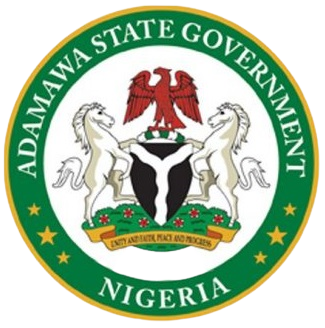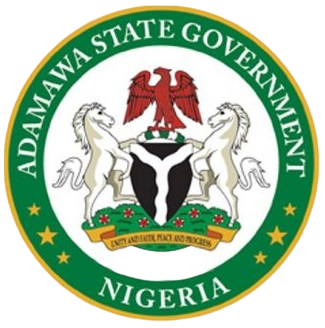In pursuit of its mission to effectively manage and regulate land affairs, the Ministry of Land and Survey in Adamawa State recognizes the paramount importance of collaboration as a strategic objective. Collaboration serves as a cornerstone in achieving the broader goals of the ministry and contributes to the overall well-being and sustainable development of the state.
Key Elements of Collaboration within the Ministry:
- Interagency Cooperation: The Ministry actively seeks collaboration with various government agencies and departments involved in land-related matters. This includes coordinating efforts with local planning authorities, environmental agencies, and other relevant bodies to ensure a cohesive approach to land management.
- Stakeholder Engagement: Recognizing the multifaceted nature of land administration, the ministry engages with a diverse range of stakeholders. This includes collaboration with communities, landowners, non-governmental organizations, and the private sector to gather insights, address concerns, and build partnerships that contribute to effective land governance.
- Cross-Departmental Collaboration: Within the ministry itself, different departments collaborate seamlessly to streamline processes and share information. This internal collaboration ensures that land allocation, surveying, and regulatory functions work cohesively, optimizing the efficiency of the ministry’s operations.
- Research and Development Partnerships: Collaboration extends to research and development initiatives that enhance the ministry’s capabilities. By partnering with academic institutions, research organizations, and technology providers, the ministry aims to stay abreast of innovative practices, technological advancements, and best practices in land management.
Benefits of Collaboration for the Ministry:
- Informed Decision-Making: Collaborative efforts provide the ministry with a wealth of perspectives and expertise, contributing to well-informed decision-making processes.
- Enhanced Resource Utilization: By pooling resources and expertise through collaboration, the ministry can optimize its capabilities, leading to more efficient land administration.
- Community-Centric Approaches: Collaboration with local communities ensures that land policies and practices align with the needs and aspirations of the people, fostering community-centric development.
- Increased Transparency: Engaging in collaborative initiatives enhances transparency in land administration processes, fostering public trust and confidence.
- Adaptability to Change: Collaborative networks allow the ministry to adapt to changing circumstances, emerging challenges, and evolving technologies, ensuring a dynamic and responsive approach to land governance.
By embedding collaboration as a core objective, the Ministry of Land and Survey in Adamawa State endeavors to build robust partnerships, leverage collective knowledge, and create a more resilient and effective framework for land management that serves the best interests of the state and its residents.

